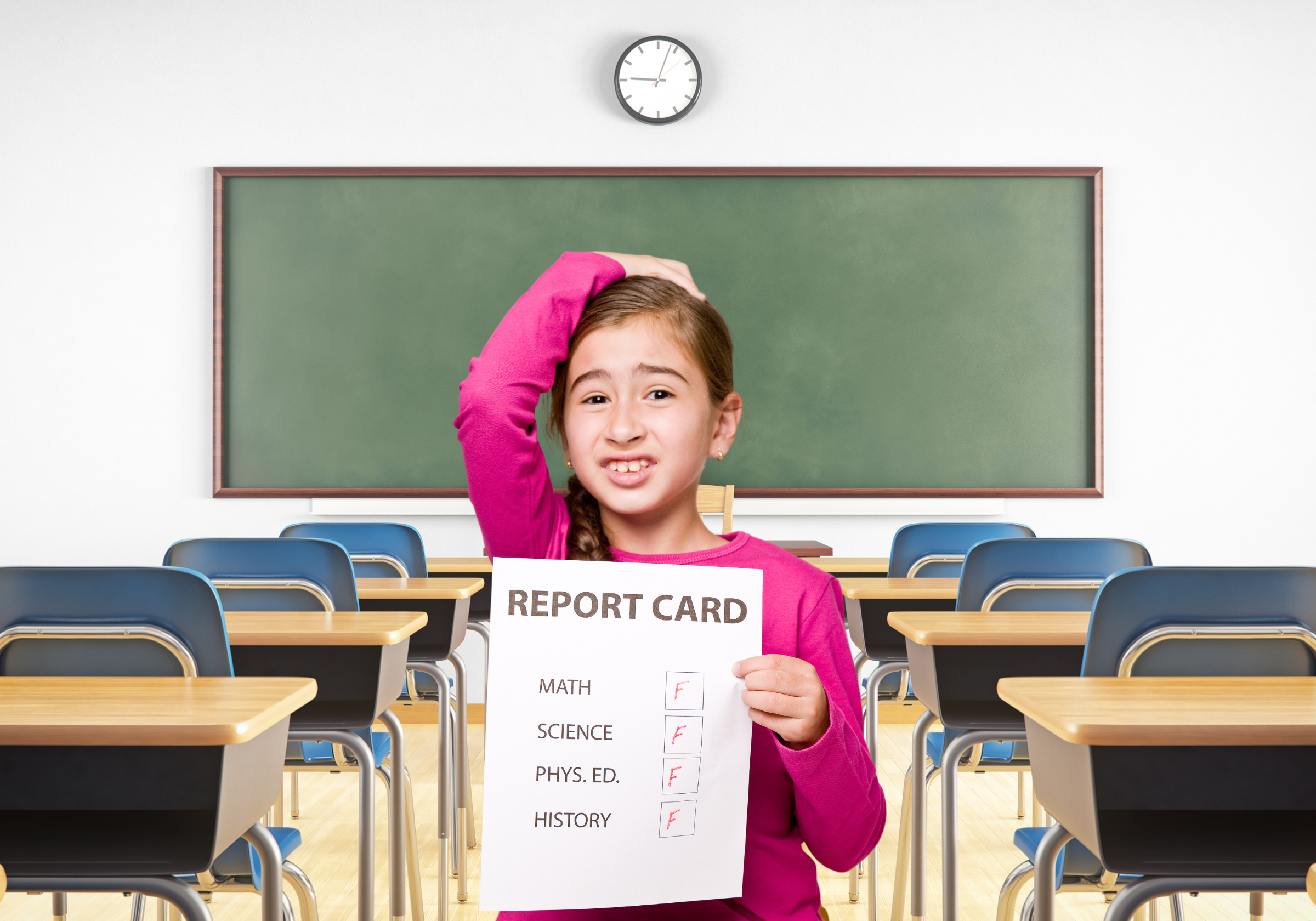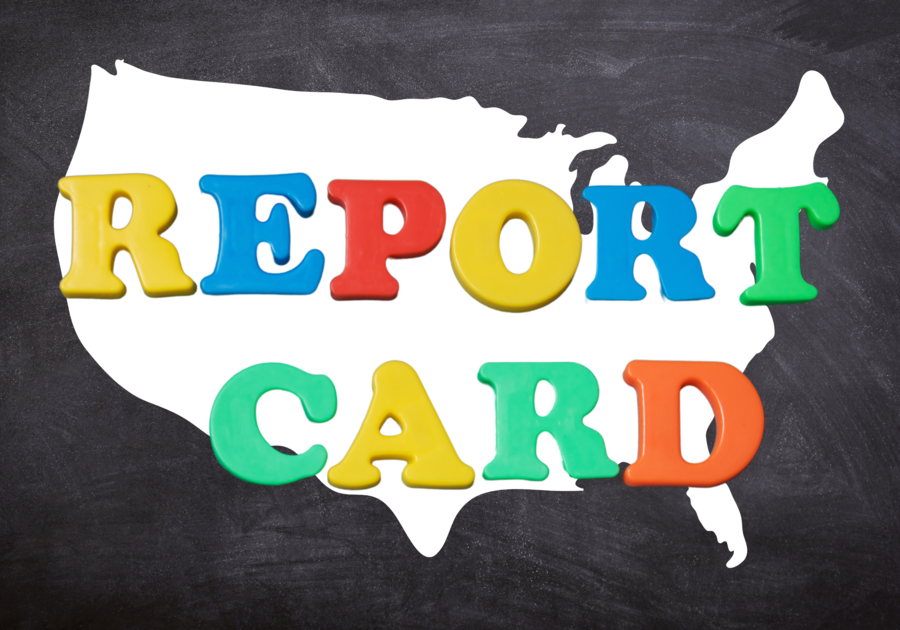Locally it is report card season. Less than two weeks ago, the National Assessment of Educational Progress’ (NAEP) report card was also released.
The title from one press release, dated 10/24/2022, reads: “Mathematics and Reading Scores of Fourth- and Eighth-Graders Declined in Most States During Pandemic, Nation’s Report Card Shows.”
This likely comes as no surprise to most. Of course, there was a decline due to pandemic learning; however, a prior release, dated 9/1/2022, reads: “9-Year-Olds’ Reading and Mathematics Scores Drop Since Start of Pandemic; First ever drop in mathematics, largest drop in reading in 30 years.” A more specific quote: “These are some of the largest declines we have observed in a single assessment cycle in 50 years of the NAEP program,” said Acting NCES Associate Commissioner Daniel McGrath. “Students in 2022 are performing at a level last seen two decades ago…There were no improvements in mathematics in any state or large urban district”

What is your initial reaction?
I could go on and on with quotes from the two main press releases, but the headings and quote from Commissioner McGrath say it all. What is the state of our current education, yes, but more importantly, where do our children stand?
Locally, several school districts have shown growth across multiple measurable skills. For example, Union County and Fort Mill School Districts showed great gains over the last year, but students are still struggling. I know this because I see students every day struggling with basic academic skills.
I am not one to play the blame game. I had someone argue with me over a Facebook comment recently that it was not just the pandemic that led to academic declines. This I know, but the result of pandemic learning amplified the struggles of students across the country. Every day, a mom in one of the Facebook groups I follow asks for tutoring recommendations. When I feel the needs of her child are in line with Huntington’s approach, I recommend.
There are scores of tutors and learning centers out there, but the fundamental problem is that skill gaps need to be filled, not that we just help students reach the finish line of each grade. Passing every grade is important, but a child will continue to struggle if gaps are not filled. While the responsibility is on the schools to teach our children, it is important that it is reinforced within the community and in the home. So, what happens now?
So, what happens now?
This will take time to remedy, but as always, I have a list of how to start.
- READ.EVERY.SINGLE.DAY
- If your child is a nonreader, read TO him or her.
- If your child is a struggling reader, read WITH him or her and point out words you know he or she knows.
- If your child is a reader, but does not like to read, choose a series with read ALONG with him or her.
- For older students, find a magazine subscription that interests them to encourage reading.
- Most importantly, children should read and learn on a level that is independent, not frustrating.
- Utilize everyday time as teaching moments. For example, when you are in the car, have your child count how many yellow cars he or she sees. Go over sight words in carpool line. Waiting for an appointment, use $1.25 math flashcards from the Dollar Store to practice math facts.
- DO NOT WAIT for your child’s teacher to contact you with a learning concern, ask. Then ask, what can we do at home?
- REINFORCE both BIG and SMALL gains. It is amazing when a child gets 100% on a test. It is also amazing when he or she has small lightbulb learning moments!!!
- Do not forget social-emotional well-being!
- We talk a lot about too much screen time. Yes, video games, TV, social media. etc can be too much! Fortunately, those screens can be used for learning. Here is a short list of apps for all ages, both free and paid.
- RAZKids
- Dreambox
- Reading Eggs
- ABCMouse
- iReady
- Khan Academy
- Kahoot!
One last quote, “The results show the profound toll on student learning during the pandemic, as the size and scope of the declines are the largest ever in mathematics,” said NCES Commissioner Peggy G. Carr. “The results also underscore the importance of instruction and the role of schools in both students’ academic growth and their overall wellbeing. It’s clear we all need to come together—policymakers and community leaders at every level—as partners in helping our educators, children, and families succeed.” https://nces.ed.gov/nationsreportcard/pubs_newsroom/
You can visit https://www.nationsreportcard.gov/ to view these reports more in-depth.
And if you think your child may be struggling, come for an assessment. Our goal at Huntington Learning Center, Fort Mill, is to ensure your child is performing their best and we will help you get them where they need to be.
 |
Looking for some additional help this school year - check out Huntington Learning Center, Fort Mill. Huntington has been the nation’s recognized leader in educational services since 1977. Our mission is to give every student the best education possible. At Huntington Learning Center - Fort Mill, we offer children, ages 5 to 17, tutoring in Reading, Writing, Mathematics, Study Skills, Phonics, Vocabulary, Science, and SAT and ACT Preparation. Our individualized instruction is developed from comprehensive academic evaluations completed at the center. We are committed to the success of each student through this personalized instruction with our certified teachers. Each program is uniquely designed to develop the skills, confidence, and motivation for the student. We are seeing great strides every day!


